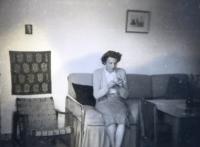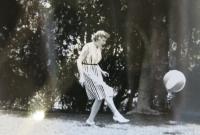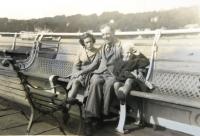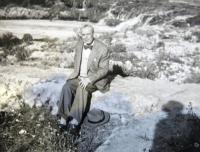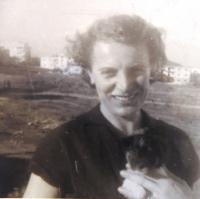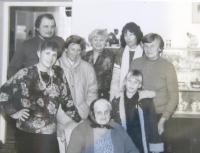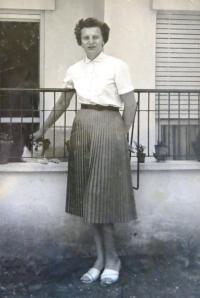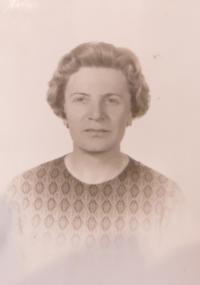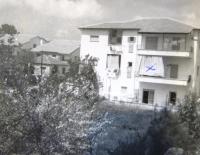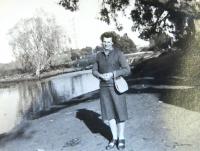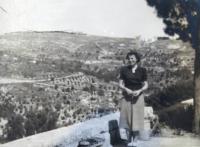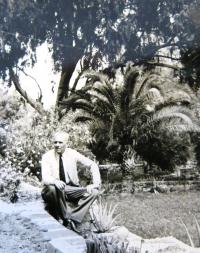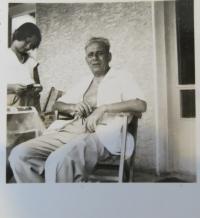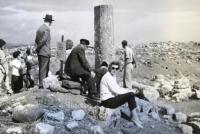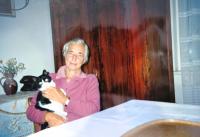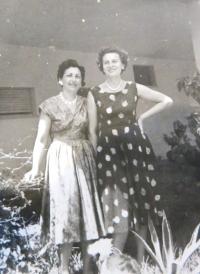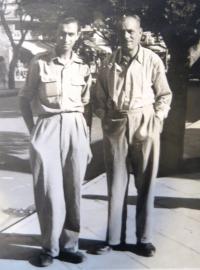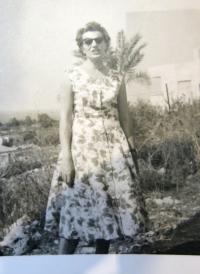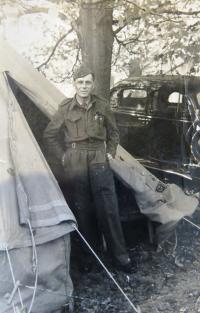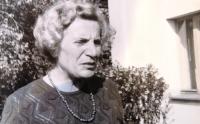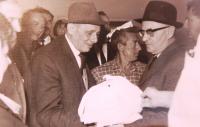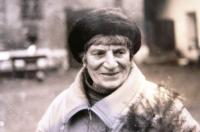I was at home in Israel

Download image
Marie Feuersteinová, née Brücknerová, was born on 1 January 1922. She grew up in the family of a forester in Kobylice near Nechanice; she had two sisters. After completing town school (upper primary) in Nechanice, she attended a business academy in Hradec Králové in 1938-1942. She passed her graduation exams in 1942 and was then employed in an office. After the war she found a job at a trading company in Prague, where she met Karel Feuerstein in 1947; the couple married in 1949. Her husband was from a Jewish family and had emigrated to England in 1939. He had experienced the war there and had briefly served as a soldier in a Czechoslovak unit. His first wife and son had died in Auschwitz. Karel Feuerstein decided to emigrate to Israel after the Communist coup in 1948. He left legally in spring 1949, and his wife Marie followed him in December later that year. The couple settled down in Ramat Gan. Karel worked as a company representative and later as a trader; Marie worked in a society that looked after abandoned animals. Her husband died in 1971. Marie Feuersteinová regularly visited Czechoslovakia from the 1960s; in 1983 she returned permanently to look after her ill mother. She was employed as a civil servant in Hradec Králové, where she lives to this day.
